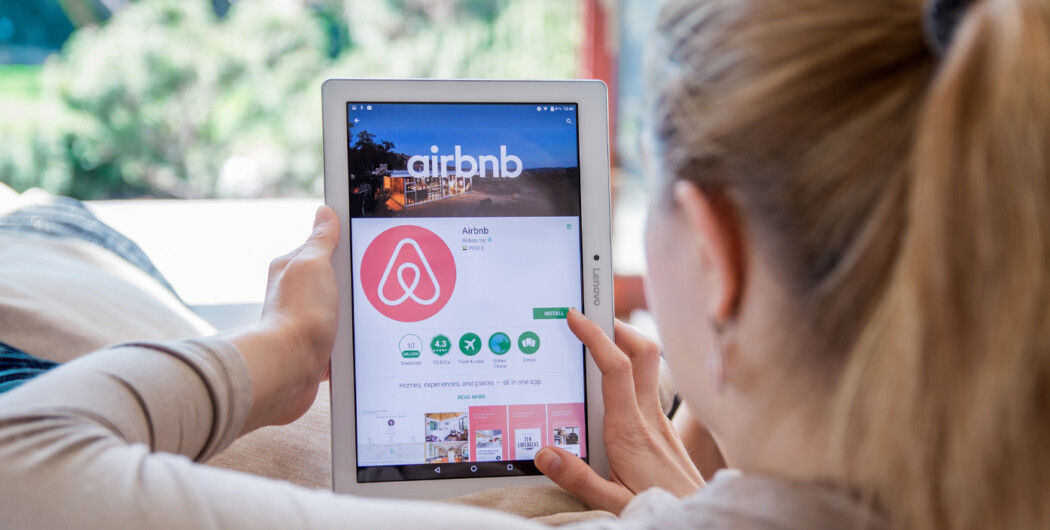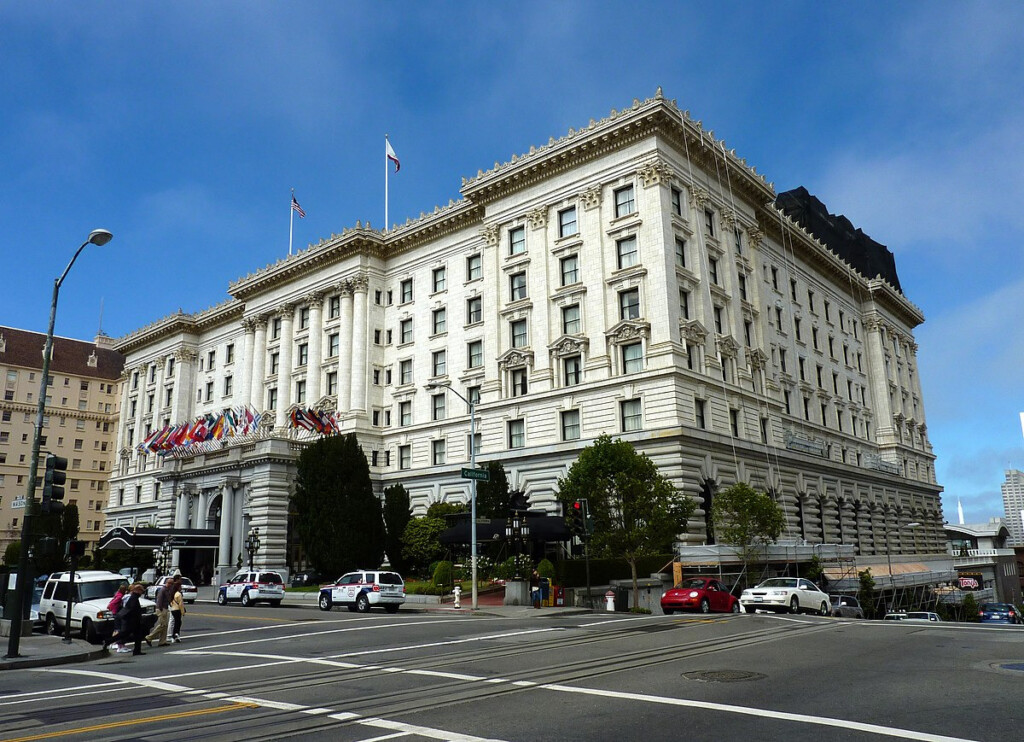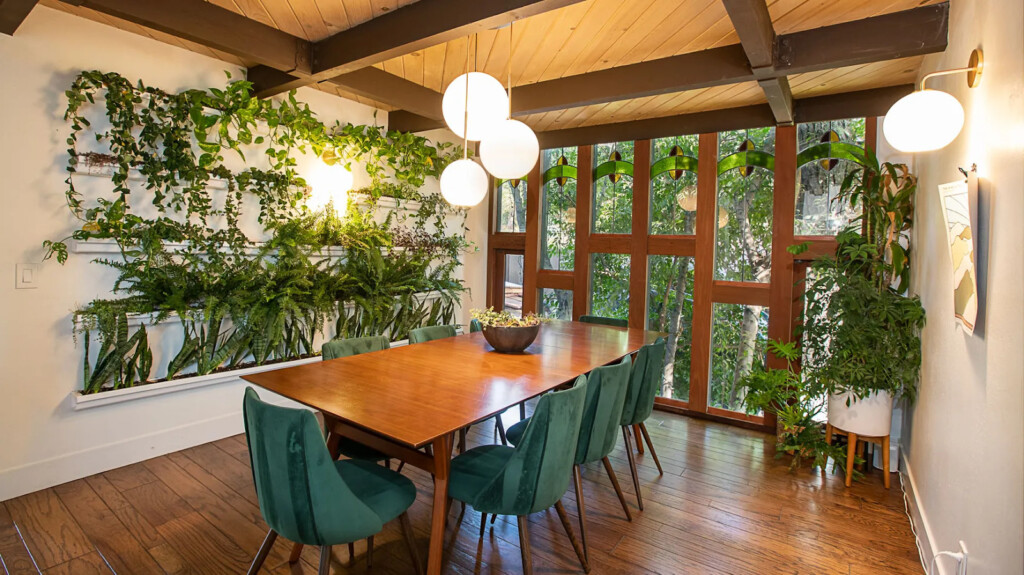

Airbnb brought a whirlwind of change, introducing the concept of a homestay in the hospitality sector on such a wide scale. The most expensive Airbnb listing, Villa Victoria in Côte d’Azur, France, comes with its own helipad, a villa host, a private chef, and a housekeeper for over $15,000 a night. In contrast, for $7 a night, you can get a fully equipped apartment in Budapest with free parking. The point is that there is a listing for everyone.
There are secrets behind such conquest. If you want to learn a few surprising facts about the incredible rise of Airbnb, continue reading.
Origins: sold-out hotel in San Francisco

In 2008, Joe Gebbia and Brian Chesky were renting an apartment together, and they were paying a high San Francisco price for it. They saw that there would be an Industrial Design Conference and checked whether there were any available rooms in local hotels. All the hotels were fully booked, and they decided to convert their apartment into a bed & breakfast.
They threw an air mattress (hence, the eventual company name) and hosted their first guests.
Unlikely guests
At first, the founders thought they would be welcoming hippie backpackers because not many people would agree to sleep on an air mattress in a stranger’s apartment.
After launching their first website airbedandbreakfast.com, they were surprised to see all kinds of people applying. They were even sent resumes and LinkedIn profiles by tech specialists and entrepreneurs to prove they weren’t security risks. Not a hippie idea, after all.
Rejected by investors
The website gained some recognition, and they decided to raise funds. After meeting up with fifteen different angel investors and getting rejected by everyone, it seemed the startup didn’t have legs.
They pitched another idea: making custom political designs for cereal boxes and limited-edition boxes for $40 each. The new idea got them total funding of $30,000.

Trouble with regulators
Airbnb wasn’t expecting pushback from regulators. But with different rental laws and regulations in every country, sometimes even state or city, there were a lot of contingencies ahead.
The company even went to court to dispute New York laws that prohibited short-term rentals. They struck a deal, and Airbnb was allowed to operate in the city. You can only imagine how many other difficulties the company saw in other cities.
Initial non-competitiveness with the hotel industry

The hotel industry didn’t care about Airbnb because they didn’t see them as a rival. In fact, the founders didn’t even see themselves as such. In 2013, someone asked a CFO of one of the biggest hotel chains about Airbnb and heard, “What’s Airbnb?”
Just four years later, the CEO of another hotel chain asked the audience on stage at a conference to raise a hand if they were staying at an Airbnb. Result: a sea of hands.
Takeaway: Airbnb is an unlikely victory
Airbnb is a story about setting your goals high. While it didn’t seem possible to disrupt hospitality, a long-standing inert industry, it’s become a force to be reckoned with. A lot of businesses are trying to replicate the success but remain in the backseat: Vrbo, FlipKey, OYO, etc. Or the public just didn’t have enough time to see the value in Airbnb’s rivals.
Next on the agenda for the company is adding new property types (vacation homes, bed & breakfast, boutiques), new tiers, Airbnb Collections, and the Superhost program.







